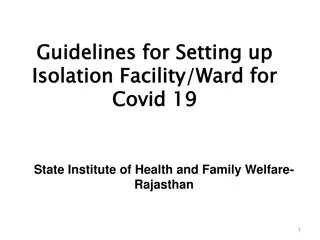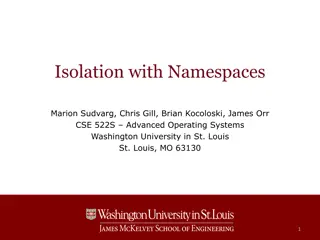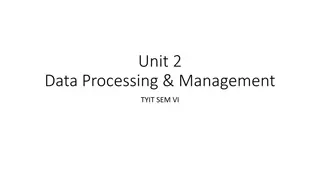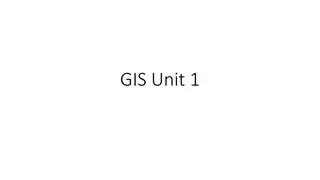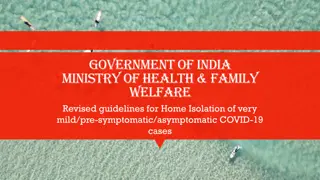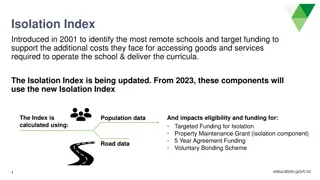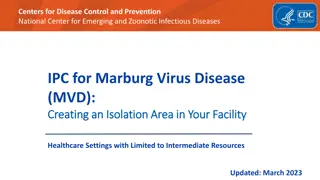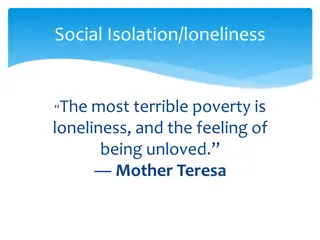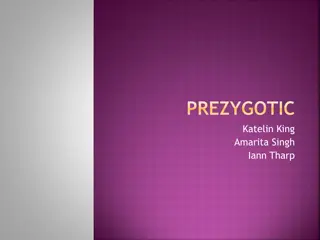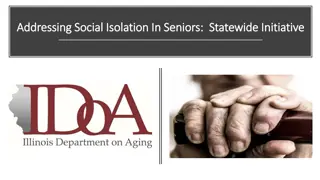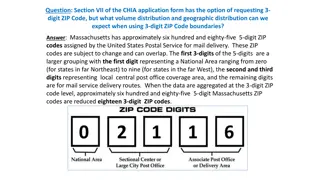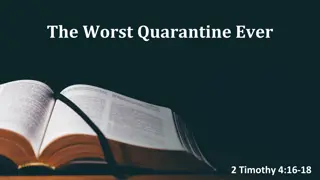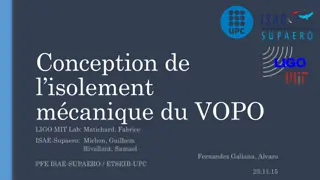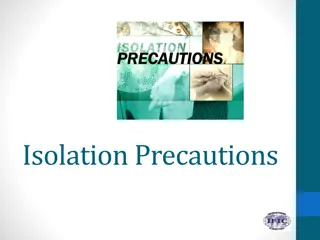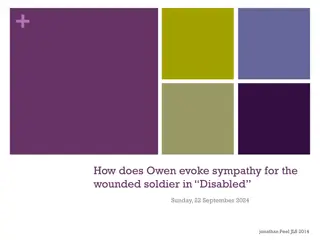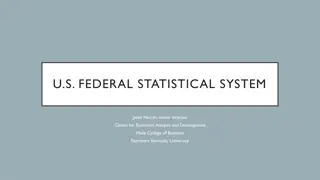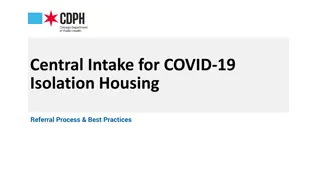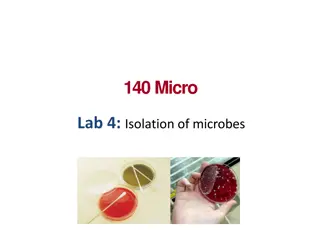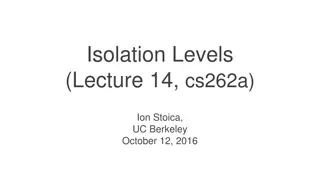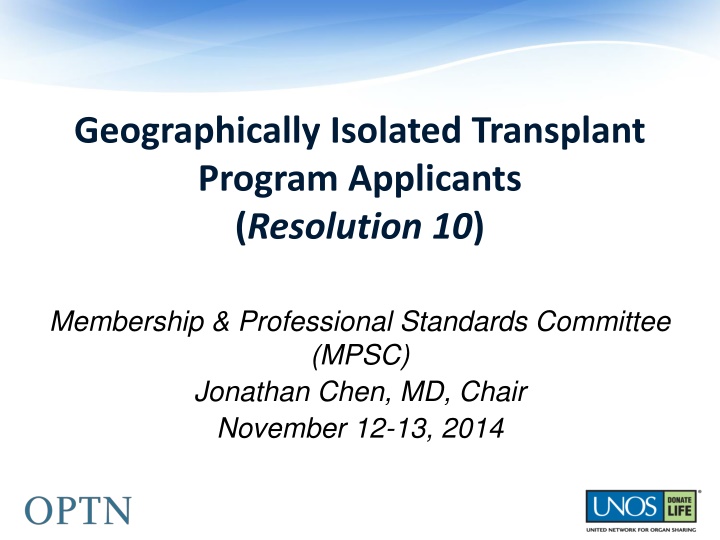
Improving Access to Transplant Programs in Geographically Isolated Areas
Enhancing access to transplant programs in geographically isolated regions by proposing changes to allow the approval of capable applicants, ultimately increasing the availability of transplant treatments for end-stage organ diseases in underserved areas.
Download Presentation

Please find below an Image/Link to download the presentation.
The content on the website is provided AS IS for your information and personal use only. It may not be sold, licensed, or shared on other websites without obtaining consent from the author. If you encounter any issues during the download, it is possible that the publisher has removed the file from their server.
You are allowed to download the files provided on this website for personal or commercial use, subject to the condition that they are used lawfully. All files are the property of their respective owners.
The content on the website is provided AS IS for your information and personal use only. It may not be sold, licensed, or shared on other websites without obtaining consent from the author.
E N D
Presentation Transcript
Geographically Isolated Transplant Program Applicants (Resolution 10) Membership & Professional Standards Committee (MPSC) Jonathan Chen, MD, Chair November 12-13, 2014
The Problem MPSC cannot designate and approve an applicant that does not satisfy qualifying requirements MPSC may want to recommend an applicant to the Board that doesn t meet all, but satisfies most, qualifying requirements No process exists to do so
Strategic Plan #2 Increase Access to Transplants Reduce geographic disparities in access to transplantation
Goal of the Proposal Create a process for MPSC to recommend the Board consider approving a program not meeting all qualification criteria Set exact circumstances when such a recommendation can be made Establish that transplant program designation and approval is effective only upon approval of the Board of Directors (no interim approval)
How will the Proposal Achieve its Goal The proposed changes will help to maximize the number of donors and transplants by approving capable transplant program applicants who serve a defined geographically isolated area. The designation and approval of capable transplant programs in geographically isolated areas provides an opportunity for the patients to seek transplant treatment for end stage organ disease which might not be available due to their place of residence.
Overall Project Impact Product Bylaw Addition Target Population Impact: Transplant Hospitals Total IT Implementation Hours 0 0/10,680 0 2000 4000 6000 Total Overall Implementation Hours 65/17,885 20 0 2000 4000 6000
What Members Will Need to Do No action required Affects a very small number of select hospitals and their programs Application submission and review process continues by the MPSC If MPSC recommends an exception consideration to the Board, applicant will be notified
Public Comment Response Tally Type of Response Respon se Total In Favor In Favor as amended Oppos ed No Vote/No Comment/ Did not consider Individual 18 13 (93%) 0 1 (7%) 4 Regional 11* 10 (91%) 0 0 0 0 Committee 19* 0 1 (50%) 17 *Region 2 & Pancreas Transplantation Committee both had equal votes of support and opposition.
Public Comment Themes Exceptions for program approval undermine the importance of, and established Bylaws requirements for, the program approval process. Define what constitutes geographic isolation to accommodate future scenarios instead of simply listing Alaska, Hawaii, and Puerto Rico as the only areas where this exception could apply.
Resolution 10 (page 19) RESOLVED, that section A.3.F. (Geographically Isolated Transplant Program Applicants) is added to the OPTN Bylaws, as set forth in Resolution 10, effective February 1, 2015.
A.3.F. Geographically Isolated Transplant Program Applicants The MPSC may recommend to the Board of Directors the approval of a designated transplant program if the prospective program cannot satisfy the current key personnel requirements due to its geographical isolation. Geographically isolated applicants must demonstrate to the MPSC that the proposed key personnel have both a satisfactory level of transplant experience and an established history of transplant success for the specific organ type indicated in the application for designated transplant program status.
A.3.F. Geographically Isolated Transplant Program Applicants cont MPSC recommendation of approval of a geographically isolated program that is not otherwise qualified does not give interim approval to the prospective program. The designated transplant program status of a geographically isolated program that is not otherwise qualified is effective only upon approval of the Board of Directors. For purposes of this provision, geographically isolated is defined as a program located entirely within a state or commonwealth noncontiguous with the mainland United States. This includes Alaska, Hawaii, and Puerto Rico.

